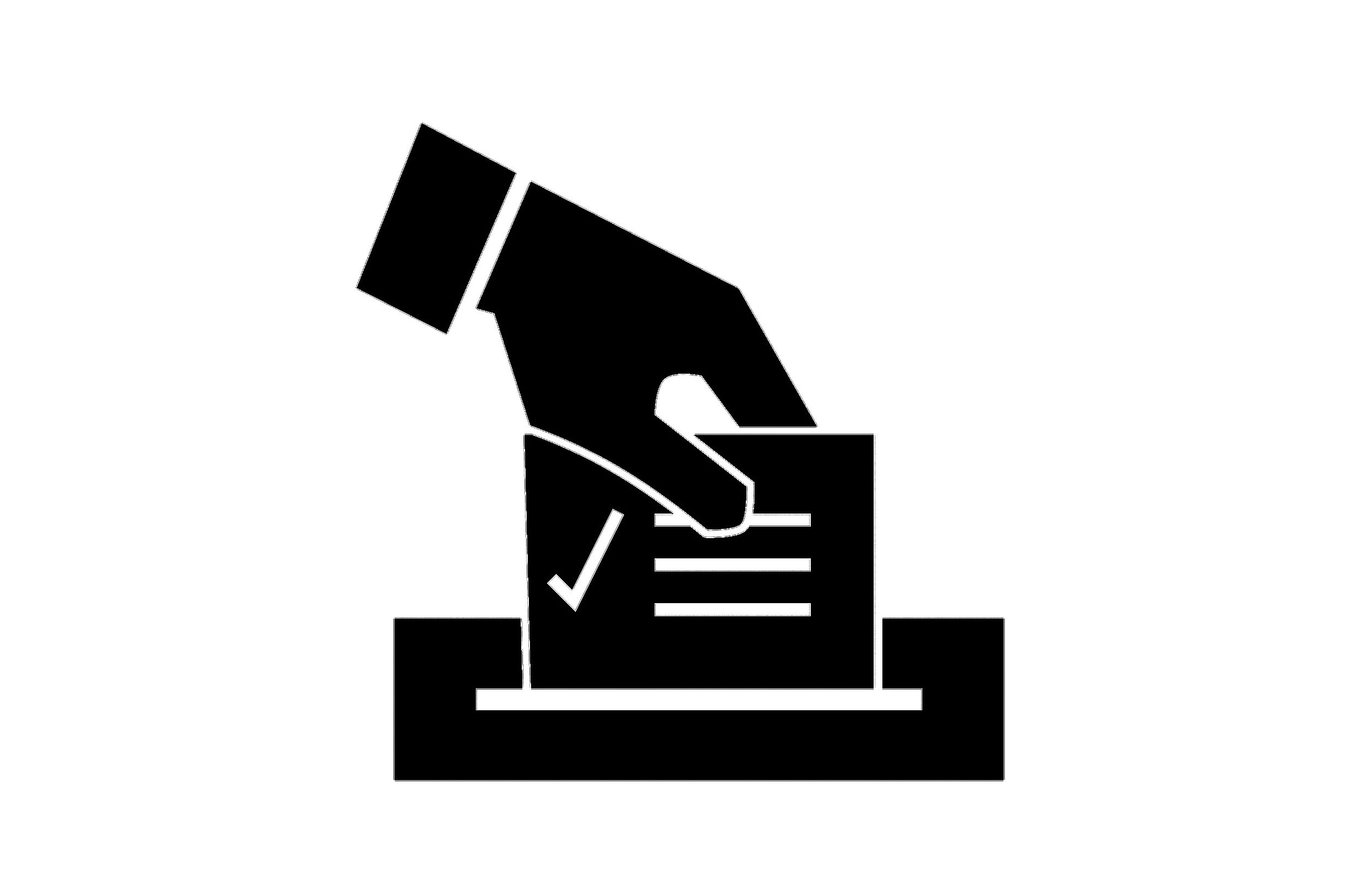
Loggers, good job making it through yet another round of exams, papers and sleepless nights! You have successfully completed this semester’s midterms, but you’re not done yet — midterm elections end on Nov. 6!
This is another reminder to get out there and vote! I know that you have seen Facebook posts, flyers around campus and probably had this exact conversation with friends, but your vote matters. Historically, voter turnout rates have been low. Midterm elections tend to have some of the lowest turnout rates.
According to the United States Election Project, in 2014 only 36.7 percent of the Voting Eligible Population (VEP) cast a vote. Here are some of the percentage stats for states highly represented on campus: Washington had a rate of 41.2, Oregon 50.9, Minnesota 50.4, Colorado 53.7, and California 29.9. The highest turnout in 2014 came from Maine, but even then, less than 60 percent of the VEP actually voted.
Voting has the power to effect change, especially the midterms. It is easy to get so swept up in the hype surrounding presidential elections, but Midterms are even more important. After all, they elect your representatives who control the entire legislative branch. (If you’re upset about Kavanaugh, this is your change who has confirmation power!)
Voting for the legislative branch is happening right now as well as voting on key policy changes. If there is an issue you care about, research what legislation is up for a vote in your district/state. Look into candidates and see what they believe about issues you care about. Whether they are going to be a local politician or sitting in an office in D.C., they are being elected to represent you! Make sure that the person who holds that office is someone you think will faithfully represent your interests; you’re their constituent.
Given how important voting is, why is turnout so low? There are numerous factors that can stand in the way.
There are roadblocks that prevent people from actually being able to vote. Among these are ID requirements and forcing people to take time off work to cast their vote, two things that heavily affect low-income voters and immigrants. If you are experiencing any issues actually casting your vote, there are resources to help you.
Each state has different laws on when you can register to vote by and when you can request absentee ballots. If you are unsure of your current status as a voter, go to your Secretary of State’s website and find out if you are registered or not. Registering just requires your drivers license number or your social security number.
Another factor that can cause low voter turnout is a lack of interest in voting and/or a lack of knowledge about the issues at hand. To help mitigate this, here are some of the key issues being voted on in states where a lot of Loggers come from. All of the information about key issues comes from Ballotpedia, a phenomenal resource to learn more about key issues.
Regardless of what your opinion is and how much support it has in your district, get out and vote! Voting is a privilege that not many people have been afforded. Voting rights are under attack. Use your voice; make the change.
Washington
WA Initiative 940 will address the use of deadly force by law enforcement. If passed, 940 will create a “good faith test” for when deadly force has been applied. Initiative 1630 proposes a carbon fee. A vote yes will allow for the carbon fee and a vote no will prevent such a fee.
Oregon
OR measure 105 addresses Oregon’s status as a Sanctuary State. If passed, the current status as a Sanctuary State will be revoked. There is another initiative (Measure 106) that, if passed, will prohibit public funding of abortions.
California
CA Proposition 10 will change regulations surrounding rent control. A vote for this will change existing law to allow the government to put rent control on any building. A vote against this will preserve the current law wherein there are limits on which buildings can be rent controlled.
Colorado
CO Proposed Amendments Y and Amendment Z propose a commission to draw district lines for voting (i.e. to prevent gerrymandering). Proposition 112 will require fracking and other natural gas/oil projects to be a minimum of 2,500 feet from residential areas.




